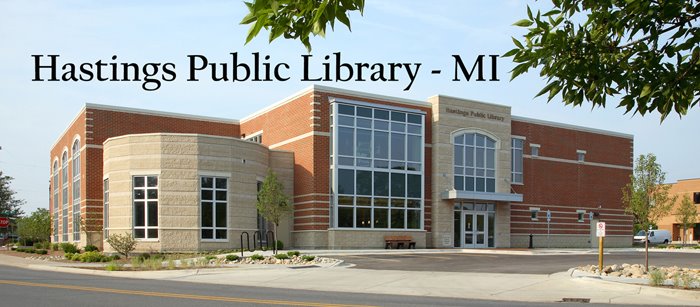 The Michigan Public Service Commission (MPSC) will hold a public hearing to provide people with an opportunity to comment on the proposed rule changes that govern net metering and interconnection.
The Michigan Public Service Commission (MPSC) will hold a public hearing to provide people with an opportunity to comment on the proposed rule changes that govern net metering and interconnection.
Net metering occurs when customers produce electric energy in excess of their needs, providing power back to the serving utility and permitting the customer to receive a credit for power they supply to the system. It is anticipated that most net metering customers will be using wind or solar generation equipment.
The hearing will be held at 9 a.m. on March 3 at the MPSC's office, 6545 Mercantile Way, in Lansing. Click here to read the proposal in full.





